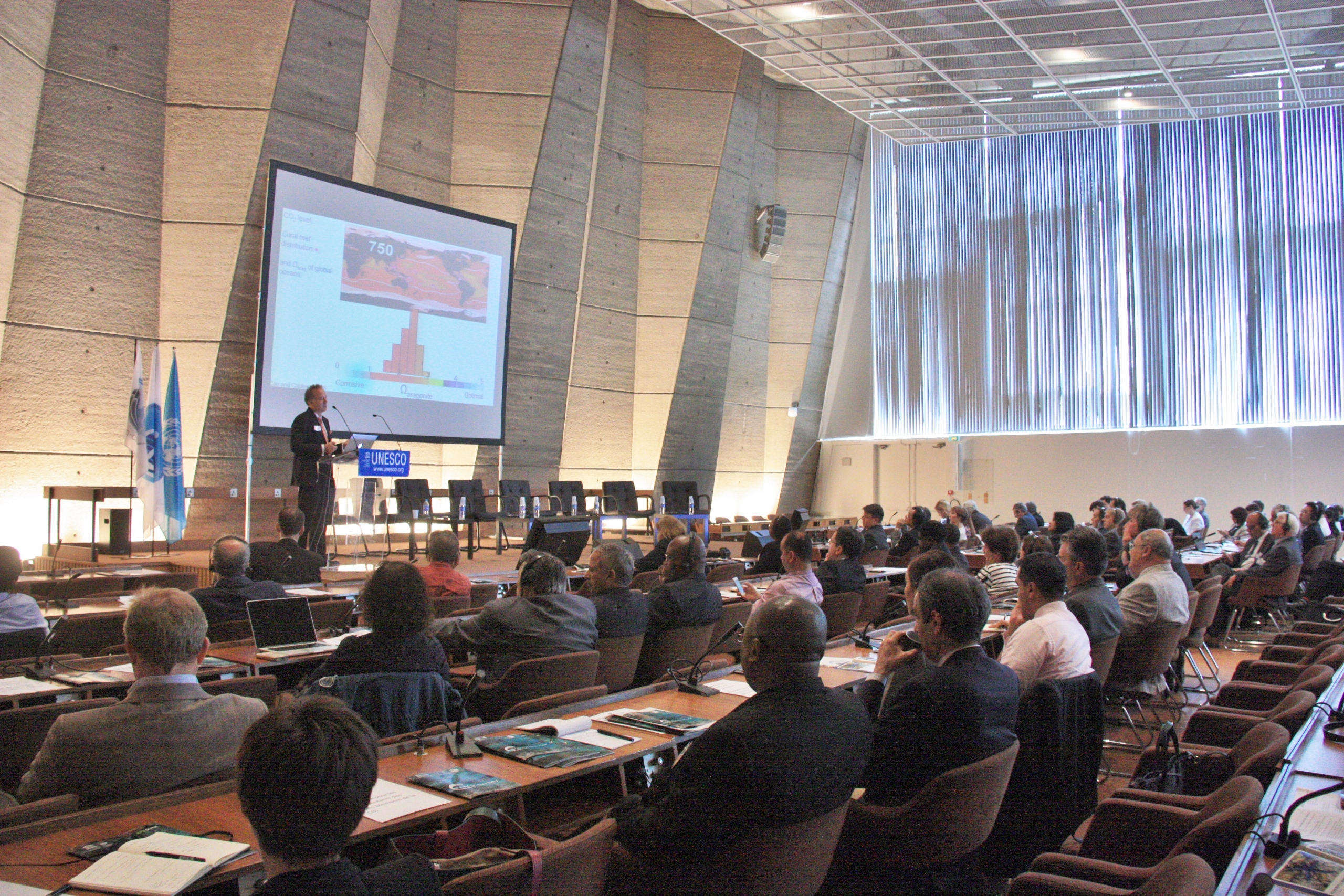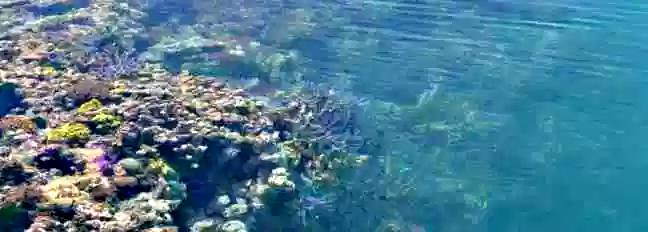
Some have criticized Bill Gates for saying that ‘we need an energy miracle’, suggesting this will be interpreted as Bill Gates saying that we should do nothing but sit around and wait for a miracle to occur. I cannot speak for Bill Gates, but I can talk about what I understand him to be saying.
We live in a world of wonder, surrounded by technological miracles. We are surrounded by technological inventions which, if they were shown to our hunter-gatherer forebears, would have been attributed to magic or some divine power instead of to the laws of physics.
When I look out the window, I look through something that is hard as rock, yet almost invisible. Our ancestors would likely look at this strange artificial rock as some sort of miracle. Put a metallic film behind this rock and it turns into a mirror – surely an invention that Narcissus would have found miraculous.
We are so accustomed to technological miracles that we fail to appreciate the wonder of the technological world around us. We hurtle down highways in tin cans moving at 80 mph. We get in a cylinder and fly through the air at 500 mph. Our hunter-gatherer ancestors would have considered these technologies miraculous.
Electricity is magical. How do these wires cause my refrigerator to cool, my microwave to heat, and my audio system’s speakers to vibrate? Surely, the ancients would have found these technologies miraculous.
I can pull a little slab out of my pocket and instantaneously talk to someone on the other side of the planet. I turn on the television and see before me imagines from long ago and far away — miraculous.
Vaccines prevent disease and antibiotics cure disease — miraculous technologies.
With anesthetics, someone can slice me open and I wouldn’t even feel it — surely a miracle.
Technological miracles surround nearly our every waking moment. These come not from divine intervention but through the innovative work of brilliant people. Technology regularly creates miracles. We can expect further investment in clean energy research and development to generate more miracles.
Arthur C. Clarke once wrote “Any sufficiently advanced technology is indistinguishable from magic.” When I hear Bill Gates talk about the need for miracles, I hear him talking about the need for technologies that would, to our ancestors, be indistinguishable from something produced by divine intervention. These kinds of innovations happen all the time.
Recently, Bill Gates has written:
This framing seems just about perfect to me: “Deploy what we have, and develop what we need.” We have enough to start down the path, even if we don’t yet have what we need to reach our destination. When real technologies confront real barriers out in the field, problem solvers innovate new solutions and create technological miracles.
The controversy over Bill Gates’s use of the word ‘miracle’ to describe what is needed to solve the climate problem comes from people’s perception of miracles being something that happens rarely as a result of divine intervention. However, we can also perceive miracles as something that commonly happens as a result of hard work.
When Bill Gates says ‘We need an energy miracle’, he means that we need to work hard to create the technologies needed to provide everybody with abundant and affordable clean energy. Technology miracles are something we can anticipate if we put in the effort to create those miracles.
Perhaps it would have been better for Bill Gates to use some other word, but we should try to understand what he is trying to communicate, rather than fret about how he might be misunderstood.
Bill Gates recognizes the deployment and innovation go hand-in-hand. Innovation doesn’t happen in a vacuum. Innovation will only create the needed miracles if we begin to address the climate problem with urgency using the technologies we already have.
Ordinary miracles are an expected outcome of hard work by creative people. These ordinary miracles will help us to reach our climate goals.

